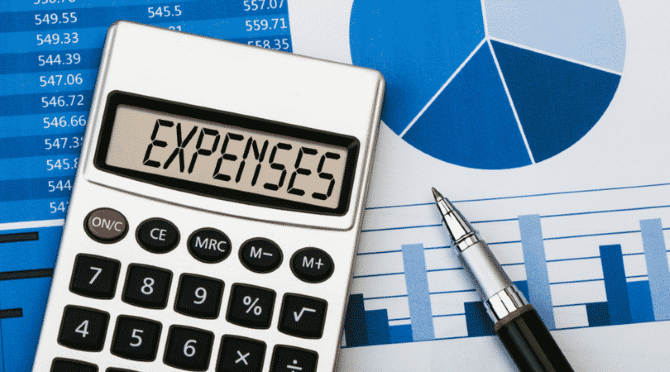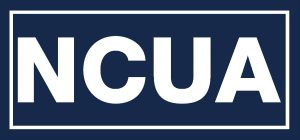Fixed expenses, variable expenses, and irregular expenses are the three categories that make up your budget, and are vitally important when learning to manage your money properly. When you’ve committed to following a budget, you must know how to put your plan into action. Here we outline the three types of expenses you will find when creating your budget.
Fixed Expenses – these expenses are the same each month
The definition of fixed expenses is “any expense that does not change from period to period,” such as mortgage or rent payments, utility bills, and loan payments. The amounts may vary slightly, which may be the case with utilities, but you know they are due on a regular basis. Here is a list of categories to include in your fixed expenses:
Mortgage/Rent
Utility bills (Electricity, Cellphone, Water, etc.)
Car payment
Insurances
Variable Expenses – these expenses change each month
The definition of variable costs can differ, but we like to define them as anything you can buy in a store (for example groceries, gas, or coffee) or expenses that are within your control. You can decide how much and if you will spend on these items.
Groceries
Transportation Costs
Entertainment
Irregular Expenses – don’t necessarily happen each month
Irregular expenses are costs that come up throughout the year, that you need to budget your money properly for or else you’ll find yourself reaching for a credit card when those expense comes up. You must save for these expenses in advance, and not feel guilty when you spend the money. Consider it “planned spending.”
Health expenses
Vet bills
Gifts
Vehicle maintenance
Knowing what these expenses are and knowing how they affect your budget are two different things. When you’re dialing in your budget, you have to approach each of these expenses differently, especially if you’re looking to trim some.
How to Cut or Trim Your Fixed Expenses
Fixed expenses are sometimes the easiest to eliminate from your budget. There are always individuals who have signed up for a “free” month of some online service and forgot to cancel it, so now they’re getting billed for that monthly expense.
Also, sometimes these monthly amounts change, and you may not even notice. Cable bills or internet service prices can raise without notice, and unless you’re on top of your fixed expenses, you might not notice or remember when that introductory rate goes away. If a price goes up, that may incentivize you to shop around or call to ask for a cheaper rate. But you’re only going to know to do that if you have a good handle on your fixed expenses.
How to Cut or Trim Your Variable Expenses
Variable expenses are less certain so they feel a little harder to cut. But they also are the expenses that we tend to have less of a handle on. If you start to track what you’re spending at the grocery store in an online tool like Personal Capital or Mint, you might be surprised to see your average grocery bill is around $1,000 per month, when maybe you thought it was closer to $800.
Most people have a harder time reigning in these expenses. We recommend in this situation to try using cash. When you use cash for your recurring expenses, you physically feel the dollars leaving your pocket, so parting with them becomes harder. Plus, you’ll know when you’re close to hitting your budgeted amount for the month because you’ll see it. There’s no reconciling your expenses with online software. You simply open your wallet and start counting the dollar bills.












